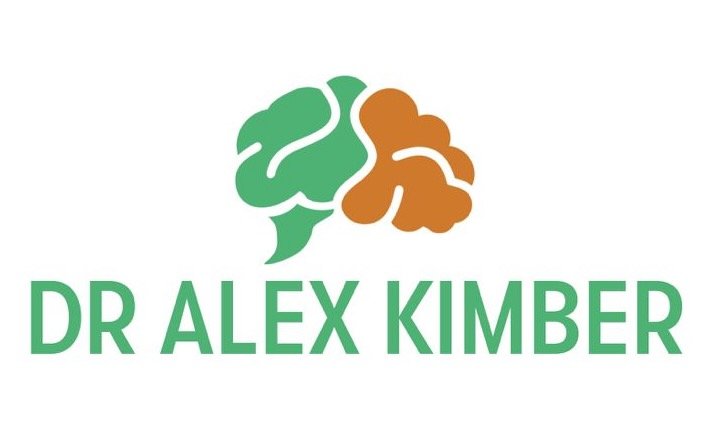Services
Psychological therapy
When things are feeling difficult, particularly if you are a young person, it can feel like a lonely and scary place to be. Talking to someone about what is going on can sometimes be a useful way of finding a path through this. Psychological therapy is a private and safe space to explore feelings like worry, sadness, feelings about difference, thoughts about identity and independence and much more. I work with children, young people, and their families who are experiencing some of these difficulties, drawing from a range of therapeutic models such as Acceptance and Commitment Therapy (ACT), Narrative Therapy, Cognitive Behavioural Therapy (CBT) and systemic ideas. I like to work closely with parents and offer a flexible and creative space to enable children and young people to think about what matters most to them and how to stop big emotions from getting in the way of these important things. I have particular experience working with children with long term health conditions including neurological, neuromuscular and metabolic conditions as well as with those who are neurodiverse.
Parent support
Navigating the transition into parenthood can be both exhilarating and overwhelming all at the same time. New parents are often filled with feelings of worry, excitement, guilt and confusion about their new roles and how to cope with their wonderful new addition. Support in the first weeks and months of this journey can make a huge difference to our experience as parents in the present moment as well as going forward. I offer advice and guidance to new and expectant parents to help with this time. This includes supporting parents in understanding what to expect (including typical postpartum changes to mood), how to manage in the early weeks and months of little one being here, and signposting to relevant services when needed. I also work to support parents find their feet with their parenting style, thinking about toddler and child behaviour, emotional support for young children and juggling family life.
Neurorehabilitation
When a child or young person suffers a brain injury it can affect several areas of life. Not only are there physical difficulties that might result, but there may be changes to a person’s cognitive functioning, emotional wellbeing and family relationships. Neurorehabilitation aims to support individuals and families through their recovery journey, taking into account both the psychological and neuropsychological implications of the injury. This work may involve making sense of what happened, understanding the impact of the injury, working through difficult emotions and learning to regulate these, implementing strategies to help with cognitive difficulties such as memory and attention, support with graded return to school where appropriate, helping family members with their feelings about the event and more.
I welcome contact from case managers to discuss their clients needs.
Cognitive Assessment
A cognitive or neuropsychological assessment aims to identify the strengths and weaknesses in an individual’s learning abilities. This might include assessing overall intellectual ability as well as specific skills such as memory, attention, executive function, processing speed and phonological processing. It can be helpful to map out a person’s cognitive profile to see any areas where support may be implemented to enable them to meet their full learning and academic potential. These assessments can provide diagnosis for common difficulties such as Giftedness, Dyslexia, Dyscalculia, Attention difficulties, Memory problems and more. The results can provide the important information required to make adjustments to school or examination provision.
As part of the assessment a full clinical interview will be completed as well as a comprehensive psychometric assessment, a feedback session, and the option of liaison with schools and/or other agencies. An assessment report will be written as part of the process and copies of this made available to you to share with relevant people.




